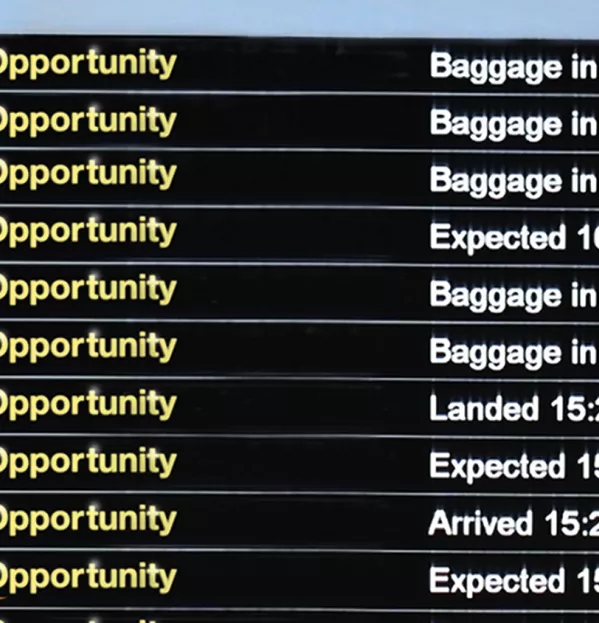Money makes the world go round. The new education secretary may be no Liza Minnelli - and I have big doubts about how he’d look in a corset - but he certainly knows which songs to belt out.
The set list has been looking good so far and now a promised increase of £6,000 on starting salaries, bringing pay for new recruits up to almost £30,000, will improve teaching’s prospects for graduates.
As always, the devil will be in the detail (and it could well play havoc with pay scales - there’s a challenge for the School Teachers’ Review Body), but, in a recruitment and retention crisis, it’s a big jazzy step in the right direction.
With the news that Ofsted is no longer going to inspect homework as part of its new framework, things are looking a little brighter on the workload front, too.
It’s beginning to feel almost as though someone in the Department for Education has got out the to-do list from the past five years and is walking the education secretary through each item one by one. Funding, tick; behaviour, tick; pay, tick.
Both Brexit and an election are undoubtedly at the root of it all but let’s not look a gift horse in the mouth. Better still, look it in the eye and let’s make hay while the sun shines.
In fact, welcome as this all is, Gavin Williamson could even go one high kick further in improving the attractiveness of the profession. Instead of fighting the flight of British teachers to schools overseas, he could embrace it and encourage it. It’s a losing battle anyway and, after all, it’s far better to keep teachers in the profession overseas than lose them for ever to another occupation.
It would be great to be able to position the PGCE as not only a qualification that allows teachers to practise here but also a passport to work anywhere in the world, especially in the multitudinous British international schools springing up all over the globe.
For young graduates looking at potential careers, a job that has the promise of an overseas posting is far more attractive than one that does not, even if you never take up the opportunity. There’s always maybe. And for older teachers, too, there’s always the prospect of an autumn adventure.
But it’s not just down to government. School leaders also have to embrace the idea. I’ve been berated in the past by heads complaining about articles extolling the virtues of working and living abroad. These just exacerbate retention problems, they say. But many of those teachers who were lured abroad were unhappy and frustrated with their lives here. The change they made has enthused and reinvigorated them and made them love teaching again.
They will have learned new things, encountered different systems and cultures. So when they return, let’s not dismiss their experience as irrelevant and complain that they are out of touch with the English system. Many will have been teaching in British schools anyway, and surely someone who has had the courage to move across the world, work in a different culture and learn new things is an asset?
In any marketing campaign to promote teaching, an international dimension would add a whole new world of allure. Yes, teaching is rewarding; yes, you will get the privilege of educating a new generation; and, yes, you’ll be able to have an adventure yourself, if you wish.
So, to the education secretary, I say, when you’re on a roll, keep on rolling. After all, as Liza says, a mark, a yen, a buck or a pound is all that makes the world go round.
@AnnMroz
This article originally appeared in the 6 September 2019 issue under the headline “It’s a sexy message - teachers can get their kicks all over the world”
